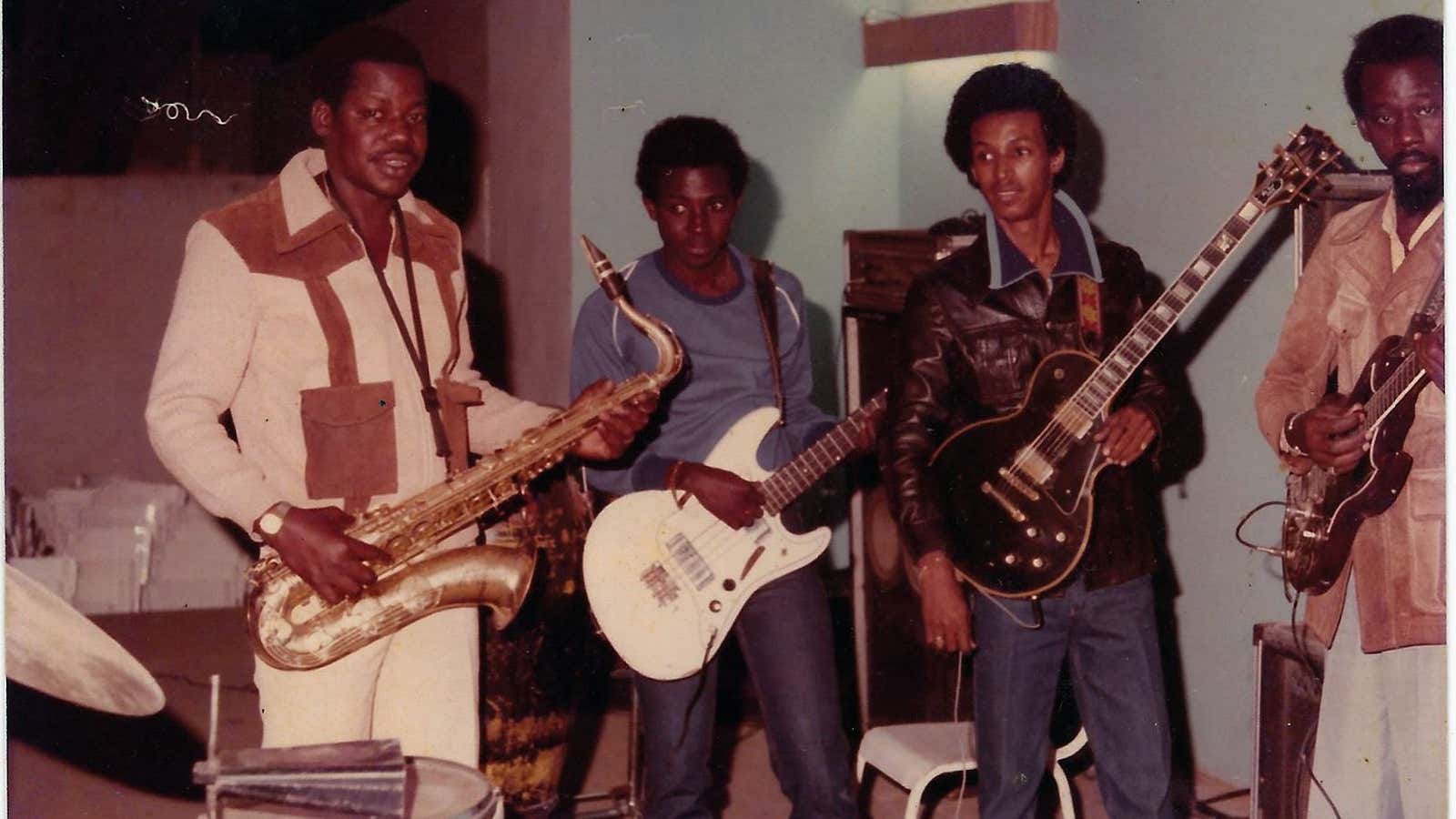Thierno Koite’s memories of Dakar in the 1960s and 1970s are extremely vivid, “I remember falling asleep on the speakers in various clubs in Dakar as Afro-Cuban music played. At that time, I was a young boy, but I would attend my cousin’s and brother’s rehearsals.”
His cousin Issa Cissohko and his brother Moundaga Koite were part of the founding group of the legendary Afro-Cuban band – Orchestra Baobab. He would eventually join the group as an alto saxophonist when he came of age.
“Dakar was where everyone came to make music,” says the septuagenarian. “There was the Liberian musician [Dexter Johnson] one of the members of Star Band of Dakar—the best known Afro-Cuban band in Senegal founded in 1958. There was Barthélémy Attisso who at the time was a Togolese student at the University of Dakar and a guitarist for the Star Band and Orchestra Baobab.”
Thierno reminisces about a time when Dakar was the capital of French West Africa, attracting people from other African countries and from across the diaspora, Malians, Maghrebis, Beninoises, Cubans—everyone bringing their unique musical influence with them.
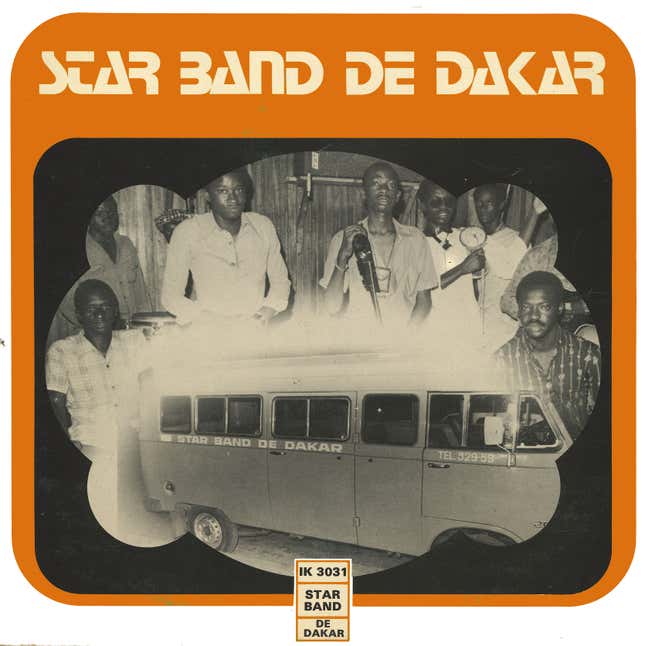
Music and revolution
While quite a few groups dominated the scene, none was better known than Star Band de Dakar which introduced some of the country’s most legendary musicians including Grammy Award winning artist, Youssou N’Dour. The band’s entire
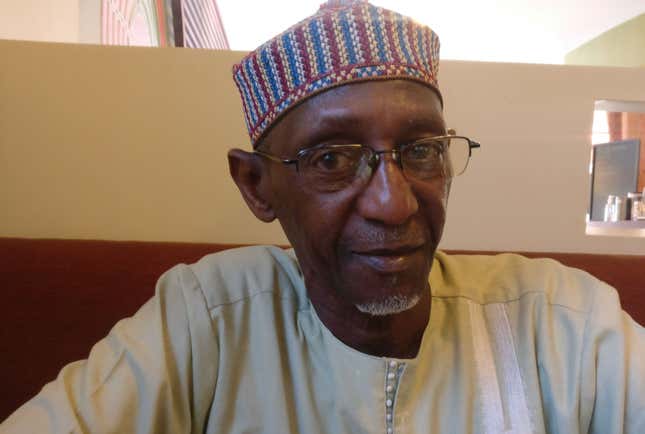
repertoire was Afro-Cuban—a testament to the anti-imperialist ideals of Cuba and the impact it was having in a country that was trying to free itself from colonial rule and the post-colonial sensibilities that came with it.
The 1959 Cuban Revolution brought with it the ambition by Fidel Castro and his administration to aid African nations in the fight against imperialism. He developed diplomatic ties with newly independent African nations—sending professionals (doctors, teachers), aid workers and diplomats to various African countries in the 1970s and 1980s. By 1978, there were approximately 11,000 Cuban citizens living in Sub-Saharan Africa, and also Cuban bands touring the continent.
For the youth at the time, Cuban music offered an opportunity to portray a cosmopolitan way of life, but one that wasn’t built on the French ideas of progress. Rather it was based on their camaraderie with Cuba, a revolutionary country that proudly identified with its black roots and was considered a modern post-colonial society that Senegalese people could look up to as a model.
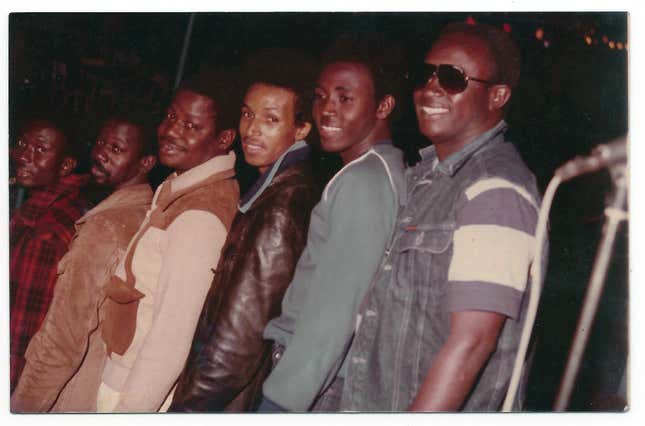
This music grew and thrived in Medina, the native quarters of Dakar at the time. It found a home in clubs such as Le Miami, a nightclub where Star Club recorded their entire catalog. Sahel was another nightclub that was home to The Sahel Orchestra – another well-known Afro-cuban jazz group of which Thierno Koite is still part of. It was here where they released an Afro-cuban album called Bamba in mid 1970s that was so popular that it cemented Sahel Club’s place as a place that would attract young musicians from all over Dakar looking to experiment with various latin inspired genres.
Negritude
In the city that was home to one of the founding fathers of Negritude – Leopold Sedar Senghor – this syncretism of African and Cuban music made sense. While negritude might have laid the seeds for the transatlantic exchanges between black people that peaked around the 1960s when most African countries were attaining independence, Senegal’s first President, Leopold Sedar Senghor, was not particularly a fan of Cuba’s growing influence on the continent.
Even with his leftist background—having joined the socialist party in his university days in Sorbonne—on his return to the continent, he found himself highly suspicious of the Soviet Union and Cuba whose motives on the continent he questioned. He still however supported cultural exchanges as Negritude was meant to instill pride in culture and arts for black people.
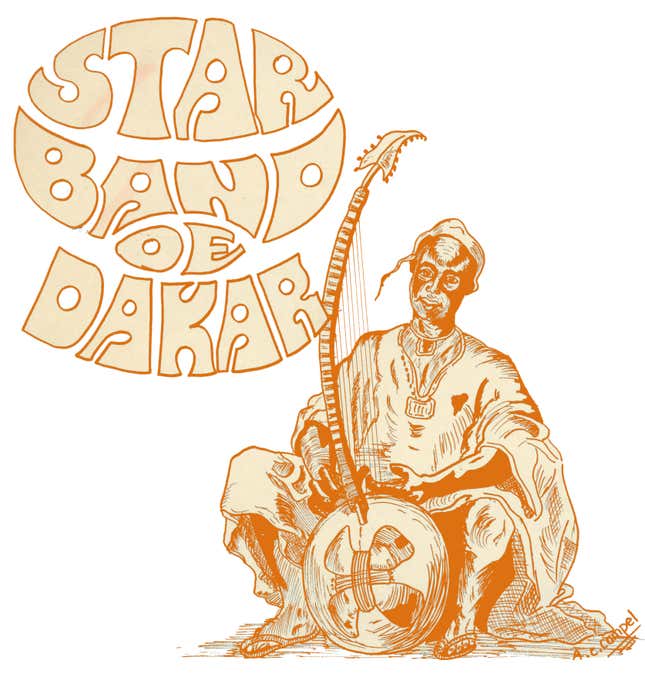
While the modern history of Cuban music in Africa is often dated back to the early-20th century, in truth it goes back as far as the 18th century. Slave traders, slaves and colonial military personnel were the first people to facilitate this exchange between Caribbean and Coastal cities of West Africa as they travelled back and forth across the Atlantic.
By the 1920s, there were record companies marketing and distributing Cuban music in Africa. In particular from 1933 to 1958, the G.V. Series gramaphone records became extremely popular on the continent. This was a series of Latin American music that was distributed throughout the continent. At the same time, Cuban-influenced genres such as the Mambo were incorporated into international ballroom dance scenes in European urban centers and brought by European colonizers to their different colonies. Radio also brought the music to a larger audience.
“The most listened to show on the radio in the 60s was Le disque des auditeurs where callers would mostly request songs for their object of affection, says Thierno Koite. “This music was almost always Cuban music and American salsa and jazz.”
The 1980s saw a decline in popularity for Afro-cuban music from Senegal as another musical genre, Mbalax, became the defining music of Senegal on the global scene under the under the pioneering spirit of Youssou N’Dour. Orchestra Baobab broke up in the 1980s only coming together again in the year 2000 with the support from Grammy award winning music producer Nick Gold and Youssou N’Dour. Today, Senegalese-Afro-Cuban music is seeing a resurgence on the world music scene with bands such as Orchestra Baobab playing extensively in Europe and North America since the early 2000s.
It’s an ideal time to reflect on the history and legacy of Cuban music in Senegal given the upcoming release of an album dedicated to Star Band de Dakar. The release of the album comes at the 60th anniversary of the Cuban revolution.
Sign up to the Quartz Africa Weekly Brief here for news and analysis on African business, tech and innovation in your inbox
